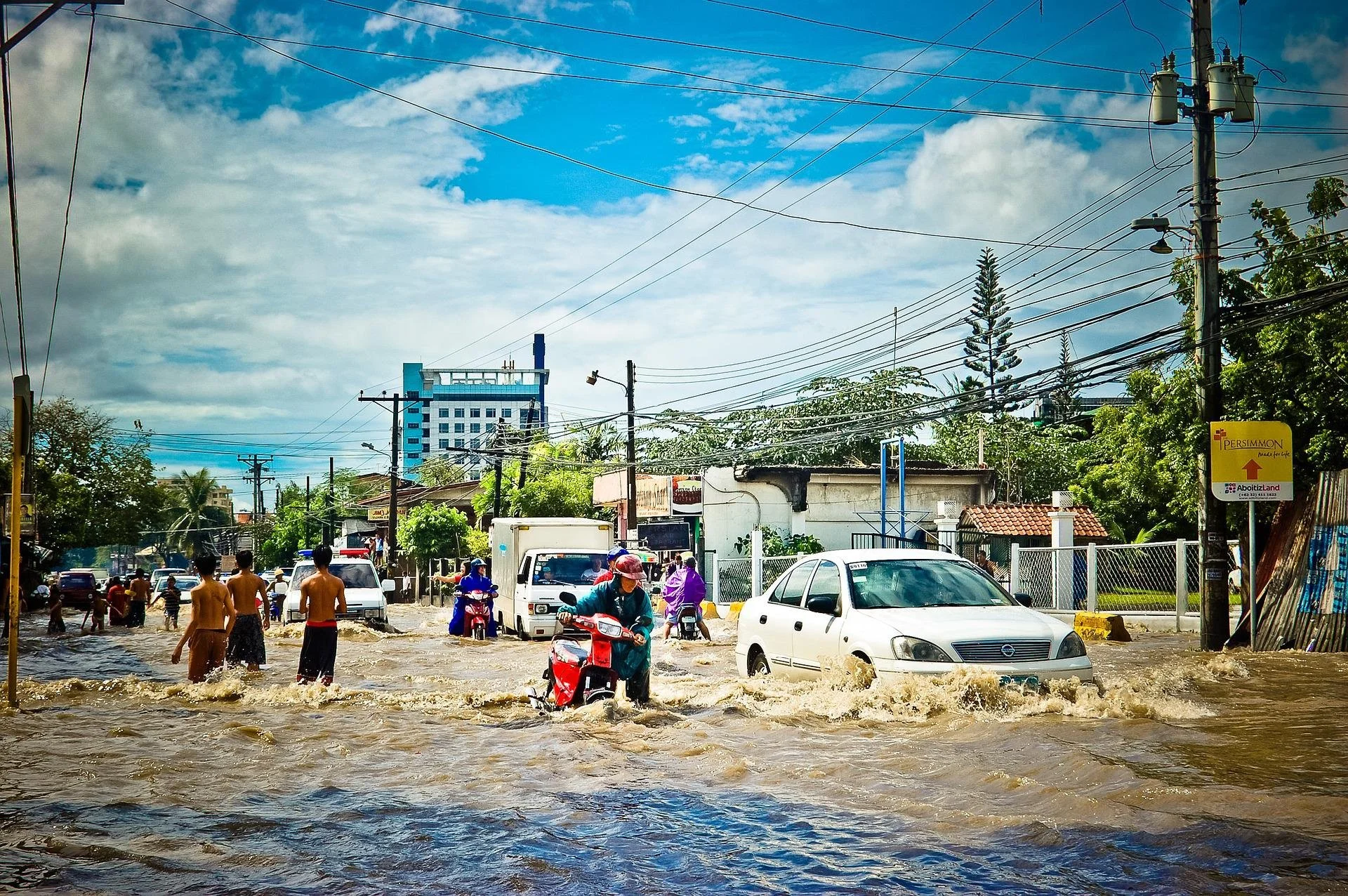Pacific coral reefs may survive into the 2060s
Ōtepoti - Some reefs in the tropical Pacific Ocean could maintain high coral cover into the second half of this century by shuffling the symbiotic algae they host, scientists at the University of Miami Rosenstiel School of Marine, Atmospheric, and Earth Science say.
Their findings offer a ray of hope in an often-dire picture of the future of coral reefs worldwide.
While global warming is causing the loss of coral reefs globally, scientists believe that some corals are increasing their tolerance to heat by changing the symbiotic algae communities they host, which through photosynthesis provide them with the energy they need to live.
Their study found some reefs in the eastern tropical Pacific, which includes the Pacific coasts of Panama, Costa Rica, Mexico, and Colombia, might be able to maintain high coral cover through the 2060s. They did not research the coral reefs off northern Australia, where so many New Zealanders visit.
However, while this may be seen as good news for these reefs, their survival may not continue past that date unless the world reduce global greenhouse gas emissions and curtail global warming on a larger scale.
Shallow coral reefs in the eastern tropical Pacific Ocean are predominantly built by branching corals which are extremely important for the reefs in the region.
The microscopic algae they host in their tissue harvest light to help the coral produce energy to grow. The loss of these symbiotic algae causes the coral to turn white, or bleach, and the coral struggles to meet their energy needs, which can often prove fatal.
To better understand how corals improved their tolerance to heat stress, the researchers examined over 40 years' worth of coral reef-monitoring data from Panama, one of the longest datasets of its kind in the world.
They analysed temperature, coral cover, bleaching and mortality data spanning three ocean heatwaves in 1982-1983, 1997-1998, and 2015-2016 along with data on algal symbiont community data during the last two.
The results showed the 1982-83 heatwave significantly reduced coral cover on the reef, but the effects of the 1997-98 and 2015-16 El Niño were milder the predominant reef-building coral in the eastern tropical Pacific.
They also confirmed that during strong ocean heatwaves, the heat-tolerant alga becomes increasingly common in this particular lineage of corals, allowing them to better withstand periods of elevated temperatures.
When combined with climate projections of future heat stress, the reefs that were predominantly composed of Pocillopora corals and that hosted this heat-tolerant alga were found to be better equipped to survive and maintain high levels of coral cover well into the second half of the current century, indicating that some reef systems may be more resilient to warming than previously thought.
Coral reefs are incredibly valuable natural assets, providing coastal protection and fisheries benefits, and supporting many local communities. The world can still make a difference by protecting them.















Lisa was born in Auckland at the start of the 1970s, living in a small campsite community on the North Shore called Browns Bay. She spent a significant part of her life with her grandparents, often hanging out at the beaches. Lisa has many happy memories from those days at Browns Bay beach, where fish were plentiful on the point and the ocean was rich in seaweed. She played in the water for hours, going home totally “sun-kissed.” “An adorable time to grow up,” Lisa tells me.
Lisa enjoyed many sports; she was a keen tennis player and netballer, playing in the top teams for her age right up until the family moved to Wellington. Lisa was fifteen years old, which unfortunately marked the end of her sporting career. Local teams were well established in Wellington, and her attention was drawn elsewhere.